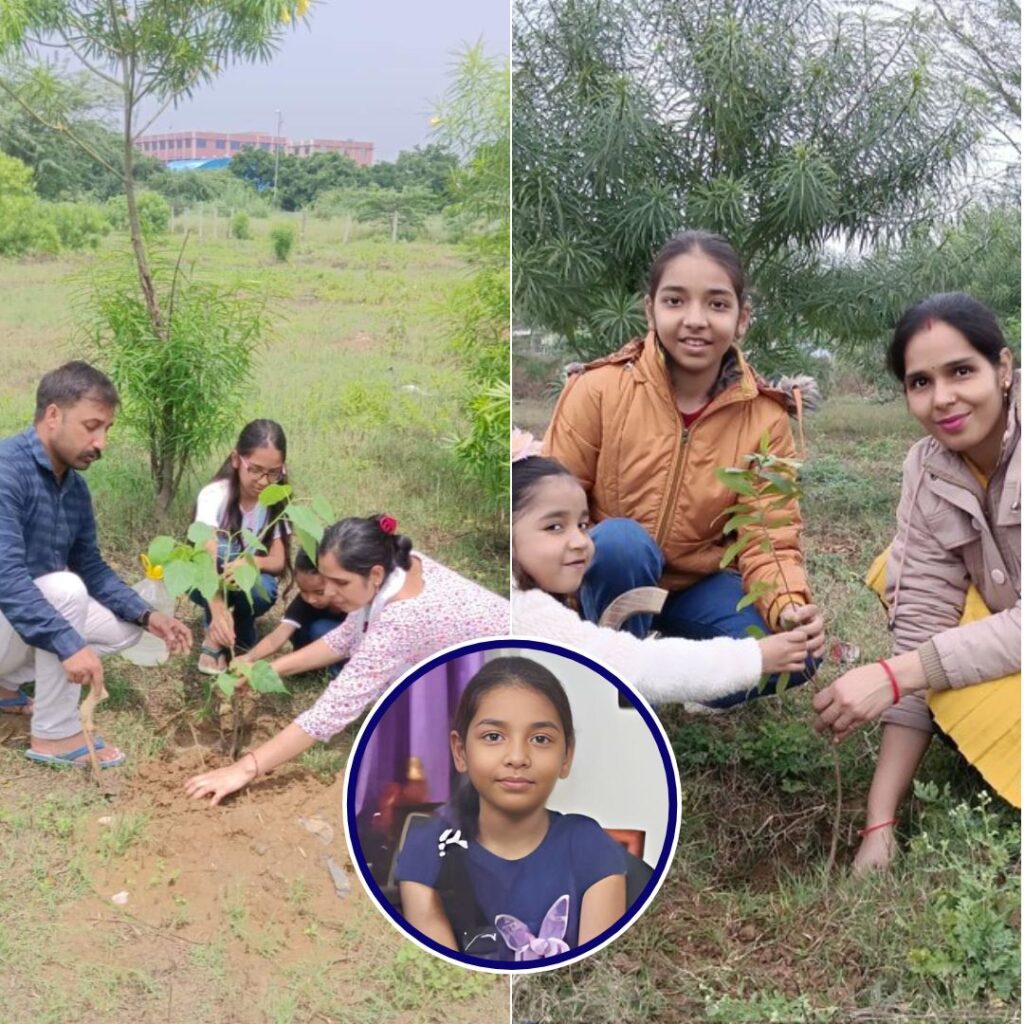In a bid to ensure livelihood to lakhs of migrant workers returning to the state revive the state’s rural economy hit due to the coronavirus pandemic, the Jharkhand government on Monday, May 4, launched three schemes under the Mahatma Gandhi Employment Guarantee Act (MGNREGA).
Amid the ongoing lockdown due to COVID-19, over nine lakh people from the state are stranded in various parts of the country and over six lakh are set to return to soon, The Indian Express reported.
With no source of income for the last 40 days and meagre chances of obtaining a regular income in the immediate future, these labourers are the worst-hit by the economic impact of the lockdown. It is amid this crisis that Chief Minister Hemant Soren launched the schemes to enable rural households to earn a livelihood.
‘Due to COVID-19 lakhs of migrant labourers are coming back. To give them employment we have launched three schemes today,’ Soren tweeted on Monday.
साथियों,कोविड-19 के कारण लाखों की संख्या में प्रवासी श्रमिक राज्य वापस लौटेंगे। उन सभी को को रोज़गार मुहैया कराने हेतु आज हमने तीन योजनाओं को प्रारम्भ किया है। वो हैं – – बिरसा हरित ग्राम योजना, – नीलाम्बर-पीताम्बर जल समृद्धि योजना – वीर शहीद पोटो हो खेल विकास योजना pic.twitter.com/5saFsblMoz
— Hemant Soren (घर में रहें – सुरक्षित रहें) (@HemantSorenJMM) May 4, 2020
The three schemes are the Birsa Harit Gram Yojana for rural plantations, Neelambar Pitambar Jal Sammridhi Yojana for water conservation and the Poto Ho Khel Vikas Scheme for making playgrounds. The schemes have been developed with a five-year vision.
‘The Birsa Harit Gram Yojana aims to use over two lakh acres of unused government fallow land for afforestation. Around five lakh families will be given nearly 100 fruit-bearing plants and the initial plantation, maintenance, land work and afforestation works will be taken up through MGNREGA. Over five crore fruit-bearing plants are expected to be planted in the next few months,’ State rural development department secretary Avinash Kumar was quoted by The Times Of India.
‘The USP of this scheme is that the person engaged in planting such trees and taking its care will be reaping the benefits of the produce. We shall work to develop market linkages for them. Each family is estimated to receive an annual income of ₹50,000 every year. The ownership of the land, however, will remain with the government,’ Avinash added.
Under the Neelambar Pitambar Jal Sammridhi Yojana, water storage units will be constructed to store rainwater and runaway groundwater in around 5 lakh acres of cultivable land. It will be primarily implemented in districts which face severe drought, like Palamu.
Under the third scheme, the government aims to develop 5,000 sports grounds across the state, with at least one in each Panchayat. There are around 4,300 panchayats in the state.
‘These schemes have been conceived with an eye on compensation for the loss of rural wages of workers and returning migrant population and loss of 1.5 months of work in this financial year. The state government will carry out a special drive to generate a total of 10 crore person-days in this financial year against the approved labour budget for eight crore person-days. This is nearly 1.5 times more than the person-days generated in the previous financial year,’ Siddharth Tripathi, MGNREGA Commissioner of the Department of Rural Development, told News18.
Also Read: COVID-19: West Bengal Announces Rs 10 Lakh Health Insurance For Frontline Workers, Journalists












